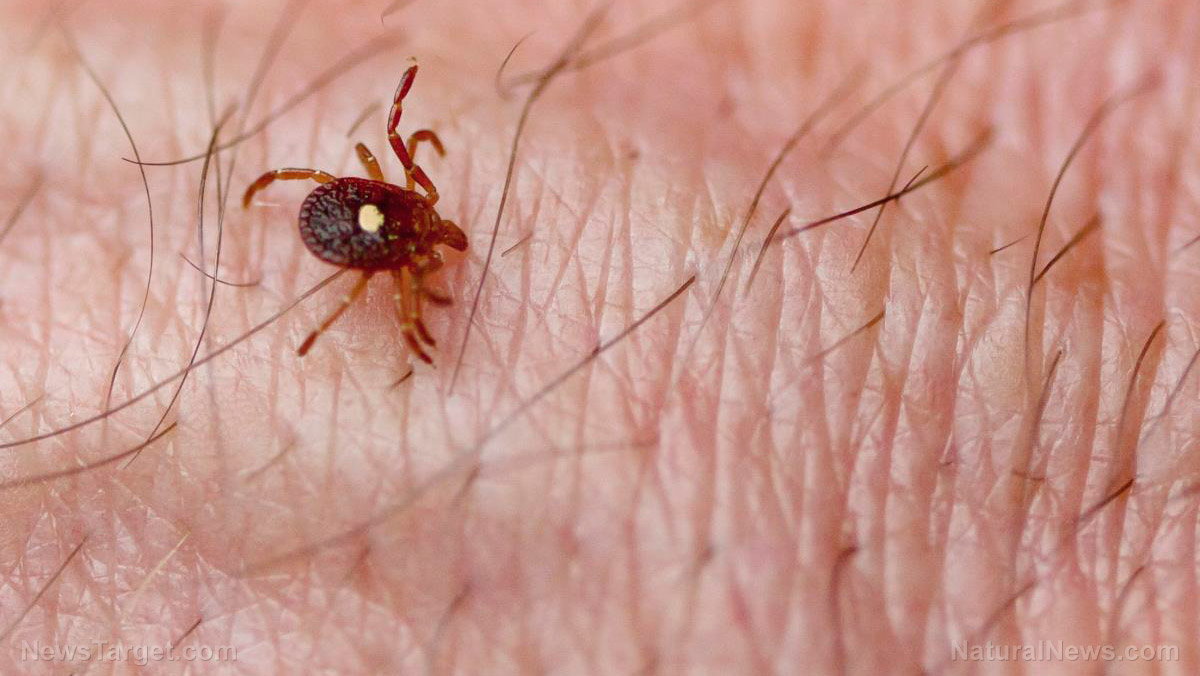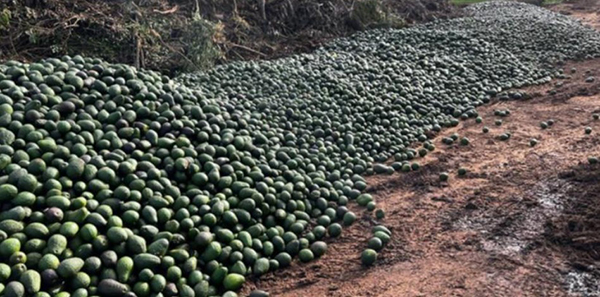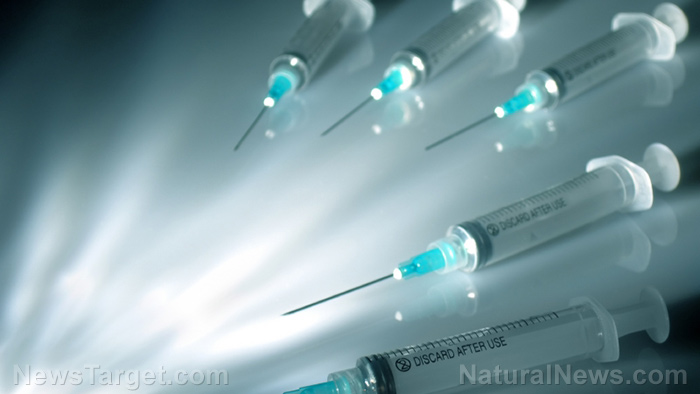Vitamin D deficiency is common – here’s how it can affect your health
10/20/2021 / By Mary Villareal

Around 42 percent of Americans are vitamin D deficient, and they don’t even know it.
The National Institutes of Health (NIH) recommends that adults get 600 to 800 IU per day, but it is recommended that vegetarians and vegans consume more than the suggested amounts. The recommended amount of vitamin D depends on age and other factors. For instance, babies need around 400 IU per day while active kids and adults need around 600. Senior citizens need at least 800. The upper limit of the amount to take is 4,000, otherwise, a person could experience nausea, vomiting and weakness.
More often than not, vitamin D levels are usually too low for Black and Hispanic populations. People who do not get enough vitamin D could feel fatigue, muscle pain and weakened bones. In children, vitamin D deficiency can cause stunted growth. (Related: Vitamin D deficiency increases risk of coronavirus infection.)
Getting vitamin D into your diet
While people can get vitamin D from sunlight, current circumstances make getting a daily dose of the sun increasingly harder. Fortunately, there are foods that are rich in vitamin D.
Mushrooms – These are the only fungi-based source of vitamin D that can be found in nature. Mushrooms have a compound that can convert to vitamin D with the help of sunlight. The Food and Drug Administration (FDA) even approved UV-treated mushrooms as an additive for foods to increase vitamin D intake.
The vitamin D levels in mushrooms don’t decrease when cooked. They also have a long shelf life, so you can prepare them or cook them at any time.

Fortified cereals and milk products – There are plenty of food that are fortified with vitamin D, including many cereals in the market. Even plant-based milk like almond, soy, rice or cashew milk has been fortified with vitamin D. One cup can give 10 to 25 percent of the needed daily value.
Tofu – This versatile protein source is usually fortified and can contain up to 20 percent of the daily vitamin D requirements. Tofu can be included in a variety of meals at any time of the day, from breakfast food to stews or curries for dinner.
Risks of vitamin D deficiency
Not getting enough vitamin D can increase the risk for other diseases and conditions. Some of them can be life-threatening.
Respiratory illnesses – Many preliminary studies show that vitamin D supplements may be beneficial for preventing or managing COVID-19. While studies are still ongoing, previous findings have shown that vitamin D may help protect people from respiratory illnesses such as COVID.
Osteoporosis – One of the main roles of vitamin D is to maintain skeletal health. Low levels of vitamin D lead to low bone calcium stores, which also increases the risk of fractures. Vitamin D deficiency can put people at risk for osteoporosis, which can happen when the new bone does not generate at the same pace as the loss of old bone.
Depression – Vitamin D deficiency may also be linked to a higher risk of depression. Some research suggest that vitamin D supplements may be as effective as antidepressant medication. For those who are exhibiting symptoms of depression, it is better to have a conversation with primary care physicians and to have their vitamin D levels checked to see if a deficiency is contributing to the symptoms.
Symptoms of vitamin D deficiency include bone pain, muscle weakness, fatigue and mood changes. While many factors can influence those symptoms, they could be signs of vitamin D deficiency, especially for those who haven’t changed their lifestyles recently. Consider working with your primary care provider or a registered dietician to help you work and modify your diet or lifestyle to address the problem safely.
Make sure you are getting your daily dose of vitamins and minerals to avoid health problems. Visit VitaminD.news to learn about the benefits of this essential nutrient.
Sources include:
Submit a correction >>
Tagged Under:
bone health, coronavirus, covid-19, depression, infection, infections, mental health, natural health, nutrients, osteoporosis, outbreak, pandemic, prevention, respiratory illness, sunlight, supplements, vitamin D, vitamin D deficiency
This article may contain statements that reflect the opinion of the author





















